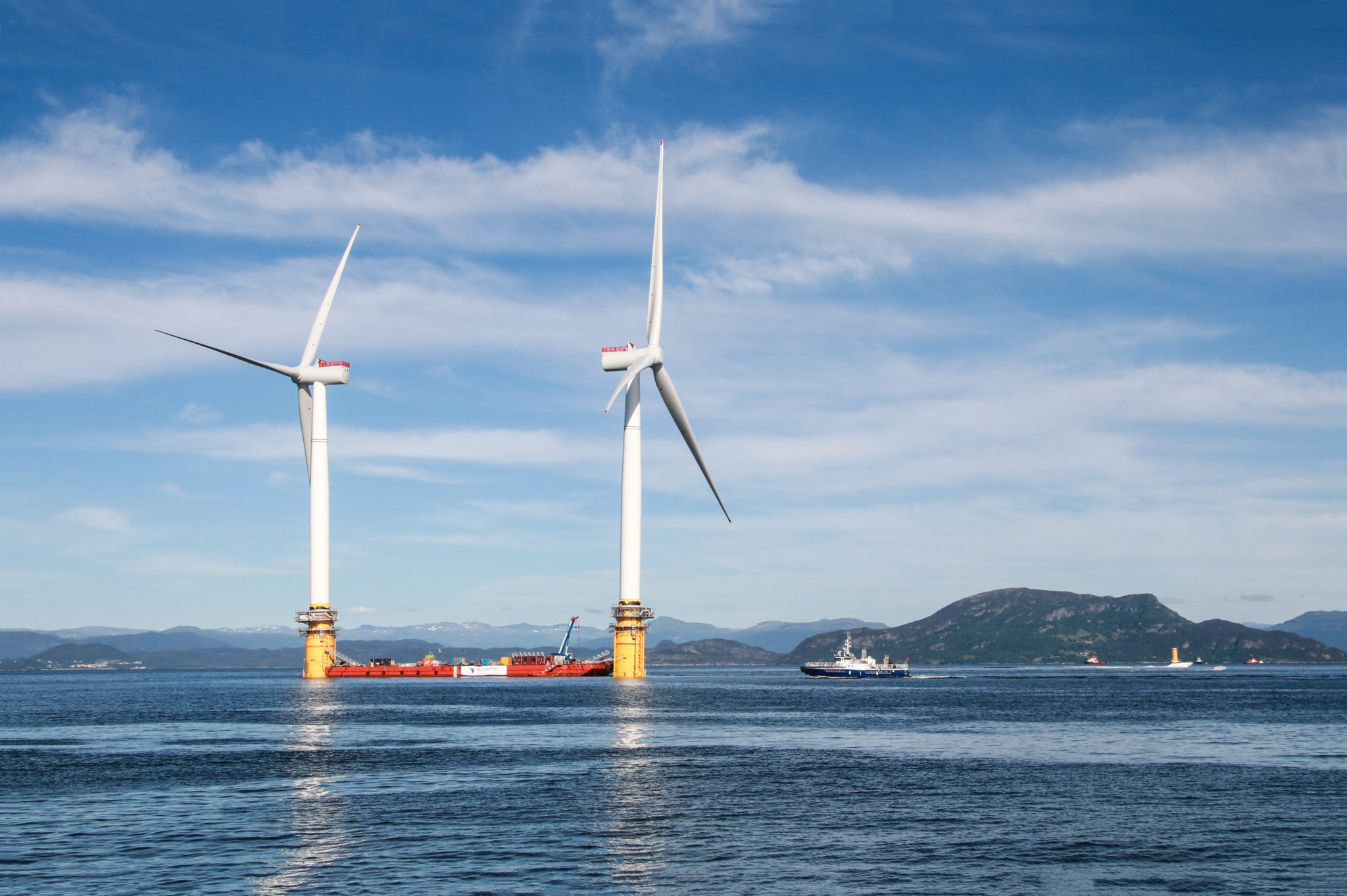Climate change litigation: what might be coming down the track in England?
Published on 12th November 2021
The rise in climate change-related litigation globally means that directors should look closely at the environmental impact of their businesses to assess their risk

The UN climate change conference, COP26, is in full swing, and has given a renewed focus on climate change risk to businesses. The risk of litigation against corporates is increasing, and there are a number of possible claims companies and directors might face in the future in England.
To date, no case brought in the UK has found a UK company or director liable for climate change-related damage. But cases are growing worldwide and it is likely only a matter of time before litigants (non-governmental organisations, shareholders, investors, citizens, or states and cities) start trying to launch proceedings here too.
We examine below what these claims might look like and their likely chances of success.
Direct claims based on tort
Where it can be shown that a company's actions have had a direct impact on the claimant, a claim might be brought based on various torts (civil wrongs), such as nuisance or negligence.
Generally, such claims are brought against the so-called "carbon majors" – around 90 energy and cement companies that have been the target of many claims abroad. These claims tend to face various difficulties, such as demonstrating that the claimants have standing to bring their claim and proving a causal link between historical contributions to greenhouse gas emissions and the damage suffered by the claimants. However, developments in "attribution science" (the science around climate change) may help claimants overcome the latter obstacle in future.
Claims based on the liability of a UK parent company
There has been a trend in recent years of overseas claimants bringing mass tort claim proceedings in the English courts against UK parent companies for the actions of their foreign subsidiaries (especially where it might be difficult to bring the claim in the country where the tort took place). We detailed this development in this Insight.
The legal separation of companies in itself is not enough to avoid parent company liability. The usual tests of foreseeability, proximity and reasonableness apply. In essence, a parent company is at greater risk of incurring a duty of care where it is closely involved with the management of its subsidiary's business, particularly where it imposes group-wide policies on its subsidiaries.
Although the English cases brought so far have been based on specific environmental disasters, this might expand to include wider climate change-related damage in future (especially since the combined greenhouse gas emissions of all the group companies are likely to be considerably higher than when looked at separately).
Breach of duty claims against directors by shareholders
Section 172 of the Companies Act 2006 imposes on a director a duty to "act in the way he considers, in good faith, would be most likely to promote the success of the company for the benefit of its members [shareholders] as a whole". In so doing, regard must be had to (among other things) "the impact of the company's operations on…the environment".
Although the Companies Act specifies that duties are owed to the company, shareholders may be able to bring derivative actions on behalf of the company in some circumstances (broadly, where the shareholders have placed particular trust and confidence in the directors to protect their interests). Even if that hurdle can be overcome, the test is largely a subjective one, which makes it difficult to bring a claim.
Good faith judgments cannot be challenged so directors could decide that other factors outweigh the impact of the company's operations on climate change: for example, the need to provide short term shareholder returns or ongoing employment.
Corporate human rights responsibilities
The UN has recognised that having a safe, clean, healthy and sustainable environment is a human right and so climate change can have a negative impact on human rights.
The landmark decision on this topic is the Dutch case of Milieudefensie (Friends of the Earth) v Royal Dutch Shell, in which the defendant was ordered to reduce its carbon dioxide emissions by 45% by 2030 (compared to 2019 levels). In reaching its decision, the Hague District Court drew on the human rights responsibilities of businesses set out in the UN Guiding Principles as a guideline for interpreting the unwritten standard of care under Dutch law. The first instance decision is of significance to all companies that have a Dutch link, but it is under appeal. It will be interesting to see the arguments before, and decisions of, the higher courts and whether it paves the way for similar actions to be brought in other jurisdictions around Europe, including in the UK.
Negligent or fraudulent misrepresentation claims
A growth area for global climate-related litigation focuses on "greenwashing", where a company markets or communicates that it is doing more to protect the environment than it really is. This is already an area of focus for regulators (such as the Advertising Standards Authority in the UK). However, it could also be a means of redress for investors.
For example, where the value of an asset falls due to the asset being greenwashed, an investor could seek to recover damages on the basis that the asset has been mis-sold and the price inflated. Such claims would be based on ordinary misrepresentation principles (that is, fraudulent, negligent or innocent misrepresentation) but may become more prevalent given an increase in the reporting requirements being imposed on companies.
Breach of contract claims
These might arise where environmental standards have been written into supply or other contracts.
Osborne Clarke comment
There are a wide variety of potential claims under English law (based on both long-established causes of action as well as more innovative and developing ones).
To protect against them, it is crucial for directors and companies to focus on the environmental impact of their activities and of their supply chains, as well as the claims that are made about their products. Specialist advice should be sought and all key decisions documented.





